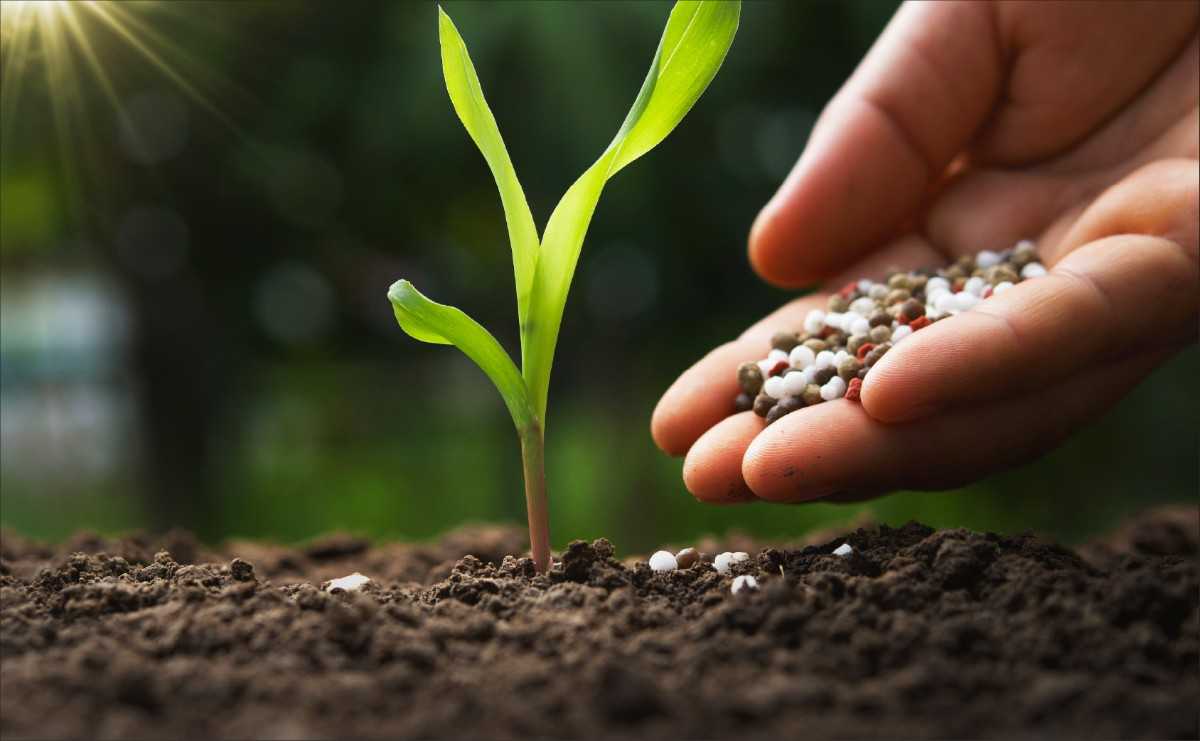Future Growth Prospects in France’s Organic Fertilizers Market: Precision Farming, Sustainability, and Market Expansion

The France organic fertilizers market presents a substantial array of untapped opportunities, spurred by rising consumer demand for sustainably produced food, stringent environmental regulations, and evolving agricultural practices. As one of the largest agricultural producers in Europe, France offers significant potential for organic fertilizers. Farmers are increasingly moving away from chemical-intensive inputs in favor of enhancing soil health, minimizing environmental impacts, and meeting the growing preference for organic and chemical-free products.
France organic fertilizers market was valued at USD 72.03 million in 2024 and is estimated to reach a value of USD 158 million by 2030 with a CAGR of 10.1%.
With a heightened focus on sustainable agriculture, the market is set for expansion, especially in regions dedicated to cultivating fruits, vegetables, vineyards, and cereals. This transition aligns with national and
European sustainability initiatives, such as the EU Green Deal and the Farm to Fork Strategy, which advocate for reduced synthetic fertilizer usage and promote the adoption of organic alternatives. The France organic fertilizers market stands to benefit from these policies, potentially incentivizing farmers and increasing adoption rates, particularly among small to medium-sized farms eager for cost-effective, environmentally friendly nutrient management solutions.
A prominent untapped opportunity within the France organic fertilizers market lies in precision agriculture. While traditional organic fertilizer application tends to be uniform, advanced precision farming techniques such as drone-assisted nutrient application, thorough soil testing, and the use of smart farming platforms can significantly enhance the efficiency and effectiveness of organic inputs. Farmers who adopt these technologies are likely to optimize nutrient delivery, minimize waste, and improve crop yields, rendering organic fertilizers more economically viable. This approach also creates opportunities for service providers and technology companies to offer integrated solutions that combine soil analysis, customized organic fertilizer blends, and application services. By focusing on regions with high-value crops, such as those in Bordeaux and Burgundy vineyards or vegetable farms in southern France, the market can achieve increased penetration and profitability.
Additionally, there is considerable potential in the development and commercialization of bio-based fertilizers derived from agricultural residues, food waste, and other renewable resources. As the emphasis on a circular economy grows, companies have the opportunity to transform crop residues, fruit pulp, and other organic by-products into nutrient-rich fertilizers. This initiative addresses waste management challenges while providing farmers with a cost-effective source of high-quality organic fertilizers. The France organic fertilizers market can capitalize on this trend by collaborating with agro-industries and local governments to establish sustainable supply chains, thereby reducing reliance on imported raw materials and fostering regional economic growth.
Moreover, the market has opportunities in the premium segment aimed at organic and specialty crop farmers willing to invest in nutrient-rich, environmentally friendly products. Products such as slow-release organic fertilizers, enriched compost, vermicompost, and microbial-based solutions can be introduced to cater to the specific requirements of vineyards, orchards, and greenhouse crops. By positioning these products as sustainable, high-performance options, the market can attract organic-certified farms and strengthen brand positioning in an increasingly consumer-driven market for organic produce.
Finally, the France organic fertilizers market can enhance its growth prospects through educational and advisory services. Many farmers remain hesitant to transition from conventional to organic fertilizers due to perceived risks concerning crop yields and application efficiency. Providing technical support, training programs, and demonstration plots can help boost confidence and adoption rates. Companies that invest in farmer education, alongside product innovation and precision application solutions, are likely to experience sustained growth.
In summary, the France organic fertilizers market holds considerable untapped potential across areas such as precision agriculture, bio-based production, premium product segments, and educational initiatives. By leveraging government policies, technological advancements, and sustainability trends, stakeholders can capture these opportunities, drive market growth, and contribute to a more resilient and environmentally responsible agricultural sector in France.